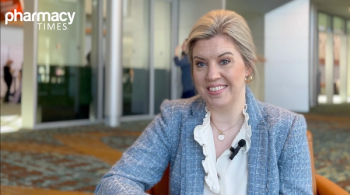
Expert explores the critical importance of emotional intelligence, work-life balance, and strategic leadership in pharmacy.

Expert explores the critical importance of emotional intelligence, work-life balance, and strategic leadership in pharmacy.
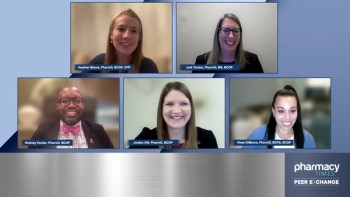
Panelists discuss how health care professionals use standardized antibody-drug conjugate (ADC) pathways to guide dosing, adverse effect (AE) management, and transitions. Protocols ensure monitoring, toxicity mitigation, and seamless shifts between therapies for optimal care.

Panelists discuss how pharmacists should monitor neutropenia, diarrhea, and mucositis from sacituzumab govitecan (SG); interstitial lung disease (ILD) and neutropenia from trastuzumab deruxtecan (T-DXd); and neutropenia and ILD from datopotamab deruxtecan (Dato-DXd). Proactive management is essential for patient safety.
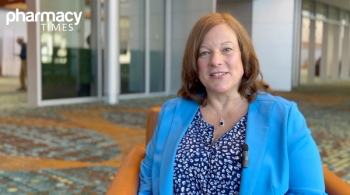
Community health workers improve patient care and address health care access gaps.

Helping patients adhere to their medications to manage their chronic kidney disease (CKD) and comorbidities is one of the key areas pharmacists should prioritize.
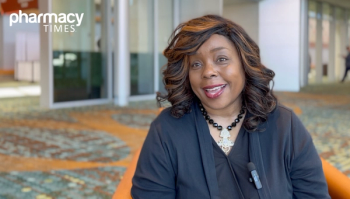
Pharmacy technicians can elevate their careers by developing leadership skills, pursuing specialized certifications, and embracing continuous professional growth.
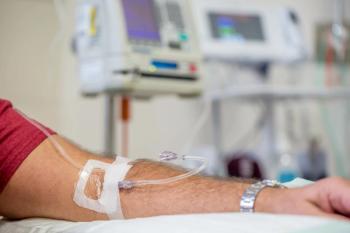
Megan May, PharmD, BCOP, FHOPA, FAPO, discusses lurbinectedin and tarlatamab and what ongoing research in the small cell lung cancer (SCLC) space entails.
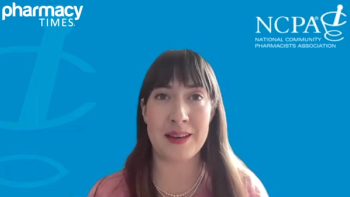
The legislation is expected to improve the financial stability of independent and community pharmacies by ensuring fair reimbursement rates and allowing them to better manage their finances.
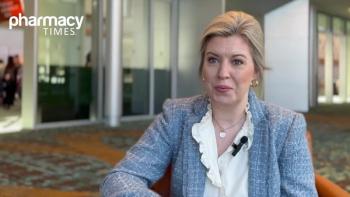
Expert offers insights into managing stress and preventing burnout in pharmacy leadership
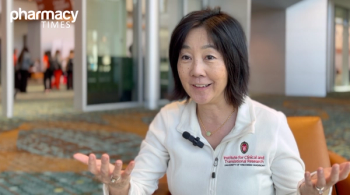
Automation can enhance medication management and support pharmacists' critical clinical roles.
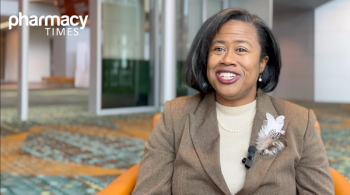
Pharmacists are pivotal in expanding reproductive health care access through patient education and collaboration.
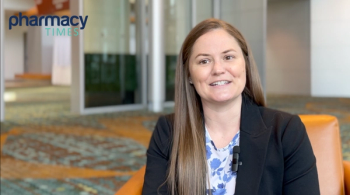
Pharmacists are leading the way in personalized medicine through strategic pharmacogenetic implementation.
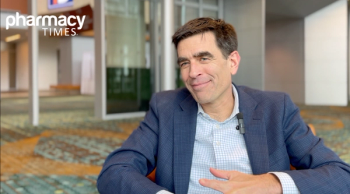
Pharmacists can empower patient RSV vaccination through strategic communication and personalized care.
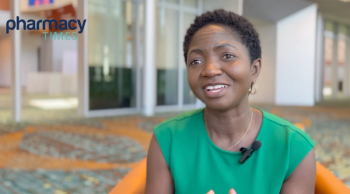
Pharmacists can navigate career paths through passion, adaptability, and patient-centered soft skills.
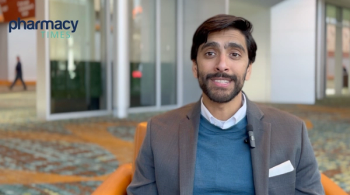
AI is offering new ways to support pharmacists' decision-making and patient care.
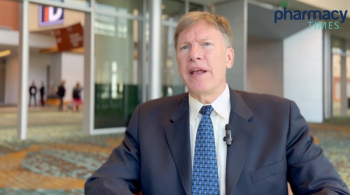
Community pharmacies can enhance medication safety by proactively identifying risks and implementing targeted best practices.

Sally Arif, PharmD, BCCP, discusses her presentation on the critical role of pharmacists in addressing health disparities by improving communication, fostering cultural competence, and promoting pharmacoequity.

After decades without improvements, an expert with Baptist Health described the small cell lung cancer (SCLC) space as “exciting” following multiple innovations in the past few years.
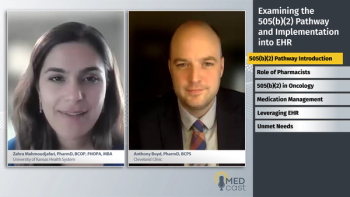
A panelist discusses how the 505(b)(2) regulatory pathway provides a streamlined approval process for modified versions of previously approved drugs, allowing pharmaceutical companies to rely partly on existing safety/efficacy data while still requiring new clinical data, commonly used across various therapeutic areas including reformulations, new dosage forms, and drug combinations.

Panelists discuss how antibody-drug conjugates (ADCs) often cause toxic adverse events (AEs). Supportive care includes antiemetics, corticosteroids, and growth factors. Infusion reactions are managed with premedication and slow titration.
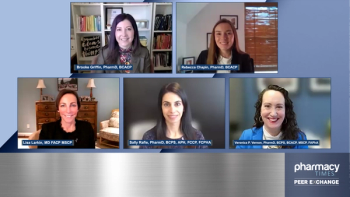
Panelists discuss how health care professionals support medication adherence through personalized strategies, communication, and technological aids, while evaluating menopause therapy effectiveness via regular assessments, standardized tools, and comprehensive patient-centered approaches.

Panelists note how medical professionals discuss menopause therapy, addressing symptoms, treatment options, safety concerns, adverse events, and personalized management strategies through patient-centered care. Professionals prioritize transparent communication, comprehensive risk assessment, and collaborative decision-making to ensure patient comfort and optimal management of menopausal transition.

Panelists discuss how antibody-drug conjugates (ADCs) often show more diverse outcomes in real-world settings compared with clinical trials, with varying efficacy and adverse effect profiles. Key practical considerations for pharmacists include appropriate dosing based on patient factors, managing drug interactions, implementing premedication protocols to minimize adverse reactions, and providing comprehensive supportive care. Careful monitoring and individualized patient management are essential for optimal therapeutic outcomes.
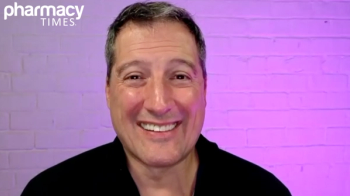
Matthew Zirwas, MD, highlights the discrepancy between perceived and actual usage, citing studies that reveal patients often overestimate their compliance.

Sharita Howe, PharmD, discusses her recent acknowledgement by MM+M, who acknowledged her as a part of the next wave of health care leaders in their recognition of 40 under 40 leaders in health care.

David S. Bateshansky, PharmD, BCOP, discusses his role as an oncology pharmacist at USC Norris Comprehensive Cancer Center, noting the evolving recognition of pharmacists' contributions on cancer care teams.

Panelists discuss how patient characteristics significantly impact antibody-drug conjugate (ADC) therapy selection, with key factors including the presence and location of brain metastases (due to blood-brain barrier penetration), organ function and comorbidities affecting toxicity risks, and prior treatment history that may influence both efficacy and safety. Treatment decisions require careful individualization.

Pharmacists are crucial in Elevidys administration, ensuring accurate dosing, coordinating treatment timing, and managing adverse effects to optimize patient outcomes.

Panelists discuss how emerging antibody-drug conjugates (ADCs) in metastatic breast cancer (mBC) treatment demonstrate innovation through optimized drug-to-antibody ratios, novel payloads, and targeted approaches to different breast cancer subtypes. Key trials explore combinations with established therapies and potential for improved tolerability profiles. Additional notable studies include comparative effectiveness research between approved ADCs and investigation of biomarker-driven patient selection strategies to maximize therapeutic benefit while minimizing adverse effects.

Panelists discuss how health care professionals recommend lifestyle modifications, dietary changes, and OTC products to manage menopause symptoms, focusing on exercise, nutrition, stress reduction, and targeted supplements to support overall well-being during this transitional period.